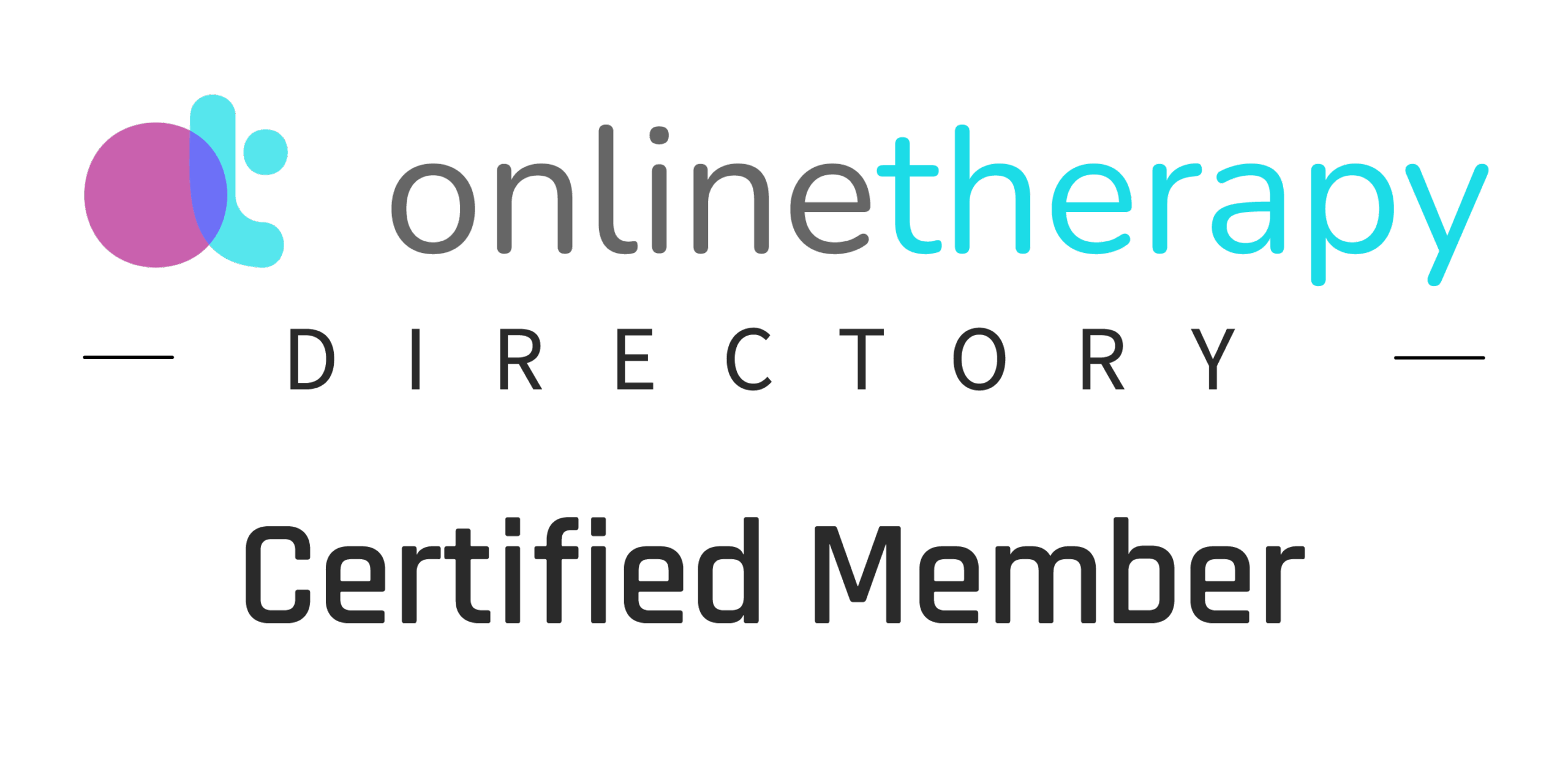It’s Not About the Setbacks — It’s About How You Get Back on Track

By Valeriya Bauer, Psychotherapist | Westlake Village, CA
One of the themes that often comes up in the therapy room—and in my own life—is how we navigate progress and setbacks. Whether it’s a goal for your mental health, physical well-being, or personal growth, we all start with motivation and hope. You commit to change, take the first steps, and begin to feel momentum… until something unexpected happens.
Maybe you get sick. Maybe your child or partner needs extra care. Maybe a global or personal event turns your world upside down. Sometimes our bodies shift—hormonal changes, health issues, fatigue—and suddenly, what once felt possible feels distant again. These are the inevitable setbacks that come with being human.
What I’ve learned, both personally and as a trauma therapist, is that the true measure of growth isn’t about avoiding setbacks—it’s about how we respond when they happen.
The Myth of All-or-Nothing Progress
Let’s say you set a goal to meditate for 15 minutes every day. You stay consistent for a month or two, and then life happens—you get thrown off your routine. Days turn into weeks, and soon, you feel discouraged or guilty for not returning to your goal.
Many of us fall into black-and-white thinking, a common cognitive distortion that says: “If I can’t do it perfectly, I might as well not do it at all.”
This mindset can keep us stuck. The truth is, missing a few days doesn’t erase your progress—it just means you’re human. What matters most is how you get back on track, without judgment or unrealistic expectations.
A Personal Example
Recently, I got sick for nearly two weeks and couldn’t work out during that time. Before that, I was exercising regularly, feeling strong and balanced. When I started to feel better, I noticed the familiar thoughts: “I’ve lost progress. I won’t be where I was. It’s too hard to start again.”
Instead of letting those thoughts stop me, I chose to do the opposite—I worked out anyway. I didn’t expect to perform at the same level or feel the same. I simply met myself where I was.
That small act of self-compassion—showing up without expectation—helped me find my rhythm again. Within a week, I was back in the flow of my routine.
This applies to any kind of growth: healing, movement, mindfulness, or emotional work. The flexibility to start again, imperfectly, is what keeps us progressing over time.
Healing Isn’t Linear
In trauma therapy, especially modalities like EMDR therapy and somatic trauma therapy, we often remind clients that healing is not a straight line. It’s a spiral—moving forward, looping back, and revisiting lessons with deeper awareness.
You might be making steady progress processing a trauma, and then life interrupts. Maybe you pause therapy for a while or shift focus to immediate needs. That’s okay. Pausing does not erase your work or mean you’re “back to square one.”
Healing from emotional abuse, narcissistic abuse, or sexual trauma often requires cycles of rest and integration. Each “setback” can actually be an opportunity to strengthen your internal resources before moving deeper.
In trauma-informed care, we see these pauses not as failures, but as essential parts of the process. Your body and mind are protecting you, pacing your growth in the safest way possible.
The Power of Flexibility and Gentleness
When I work with clients in individual therapy or relationship therapy, I often encourage them to adopt what I call a soft goal mindset. It’s important to set clear intentions—but with flexibility and gentleness.
Rigid expectations can create pressure and shame. But when you allow for ebb and flow, you create a space for compassion and resilience. This mindset is vital for long-term growth, whether you’re working on mindfulness, trauma recovery, or relationship patterns.
A Practical Skill: DBT Opposite Action
In Dialectical Behavior Therapy (DBT), one of my favorite skills for moments like these is called Opposite Action.
Opposite Action helps us challenge emotions that push us toward avoidance or withdrawal. When you feel unmotivated, defeated, or overwhelmed—do the opposite of what the emotion urges you to do.
For example:
-
If you feel anxious about returning to therapy, schedule the session anyway.
-
If you feel like avoiding your mindfulness practice, sit down and practice your mindfulness exercise all the way through.
-
If you’ve taken a break from journaling, pick up your pen and write anything that comes out.
You don’t have to wait until you “feel ready.” Readiness comes from doing, not from waiting for the perfect moment.
As one of my clients once said, “Just Do It.”
That phrase has become a mantra I return to often—both for myself and the people I work with.
Getting Back on Track
Healing, growth, and change all require trust—in yourself, in the process, and in your capacity to begin again. Whether you’re working through trauma, rebuilding relationships, or trying to establish healthier habits, remember: setbacks are not failures. They’re opportunities to practice resilience, patience, and self-compassion.
So next time life knocks you off course, don’t wait for the perfect moment to restart. Do it anyway. Just Do It. Begin where you are. Take one small, gentle step forward.
Because it’s not about the setbacks—it’s about how you get back on track.
Written by Valeriya Bauer, Psychotherapist
Offering trauma therapy, EMDR therapy, somatic trauma therapy, DBT, and mindfulness-based individual and relationship therapy for adults in Westlake Village, Thousand Oaks, Agoura Hills, Calabasas, Oak Park, Ventura, and Los Angeles, California.
Online and in-person sessions available.




